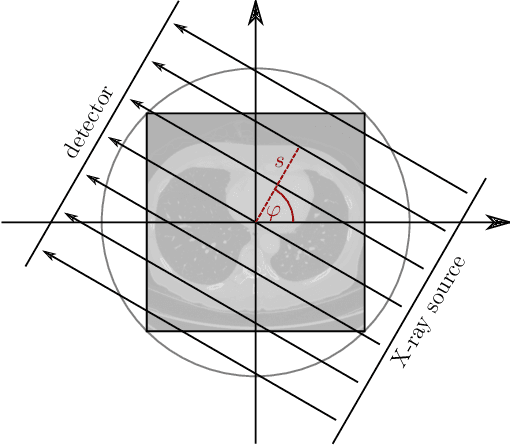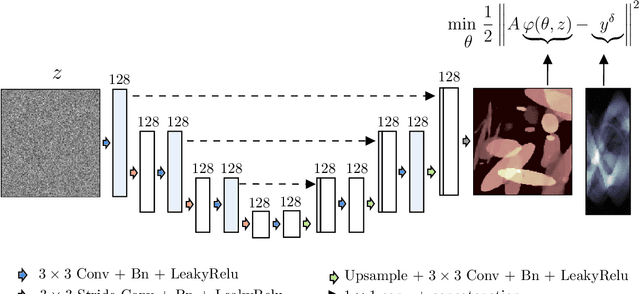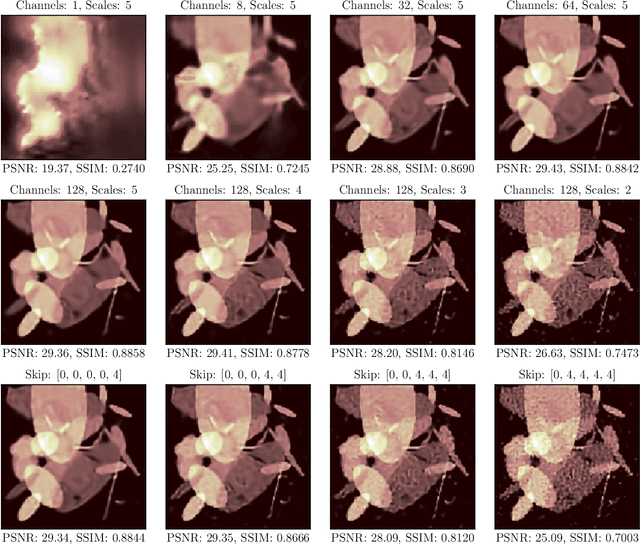Computed Tomography Reconstruction Using Deep Image Prior and Learned Reconstruction Methods
Paper and Code
Mar 12, 2020



In this work, we investigate the application of deep learning methods for computed tomography in the context of having a low-data regime. As motivation, we review some of the existing approaches and obtain quantitative results after training them with different amounts of data. We find that the learned primal-dual has an outstanding performance in terms of reconstruction quality and data efficiency. However, in general, end-to-end learned methods have two issues: a) lack of classical guarantees in inverse problems and b) lack of generalization when not trained with enough data. To overcome these issues, we bring in the deep image prior approach in combination with classical regularization. The proposed methods improve the state-of-the-art results in the low data-regime.
 Add to Chrome
Add to Chrome Add to Firefox
Add to Firefox Add to Edge
Add to Edge